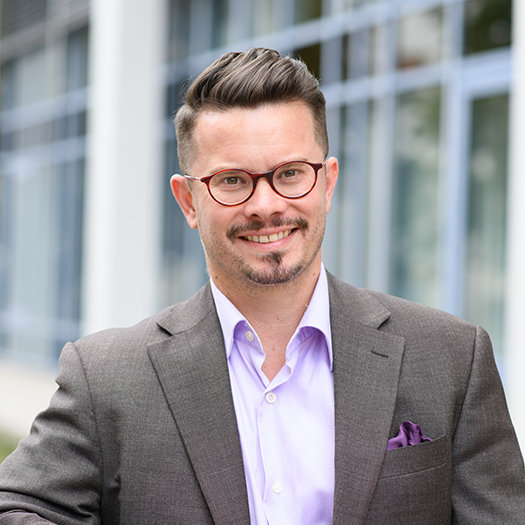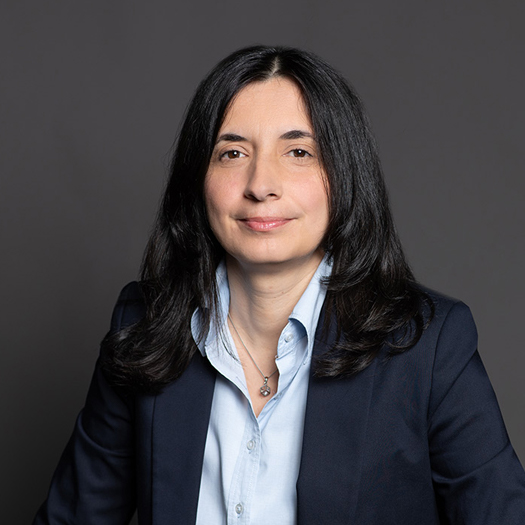
Floating Population
Research Seminars: Mannheim Applied SeminarMigration with(out) Family and the Spatial Distribution of Economic Activity
The paper presented in this Mannheim Applied Seminar argues that migrants’ decision to bring their dependent family members shapes their consumption behavior, their choice of destination, and their sensitivity to migration barriers. The authors develop and estimate, using Chinese data, a quantitative general equilibrium spatial model in which rural workers choose whether, how (with or without their family), where to migrate, and how to allocate their consumption across space. The model rationalizes the empirical evidence: Rural migrants disproportionately move to expensive, unwelcoming cities, live without their family, and remit substantially. They quantify the role of migration frictions (e.g.,hukou policies) in explaining these patterns and show that, by changing the relative value of consumption across space, they contribute to the rise of non-family migration and to the emergence of mega-cities.
People

Directions
- Room Brüssel


